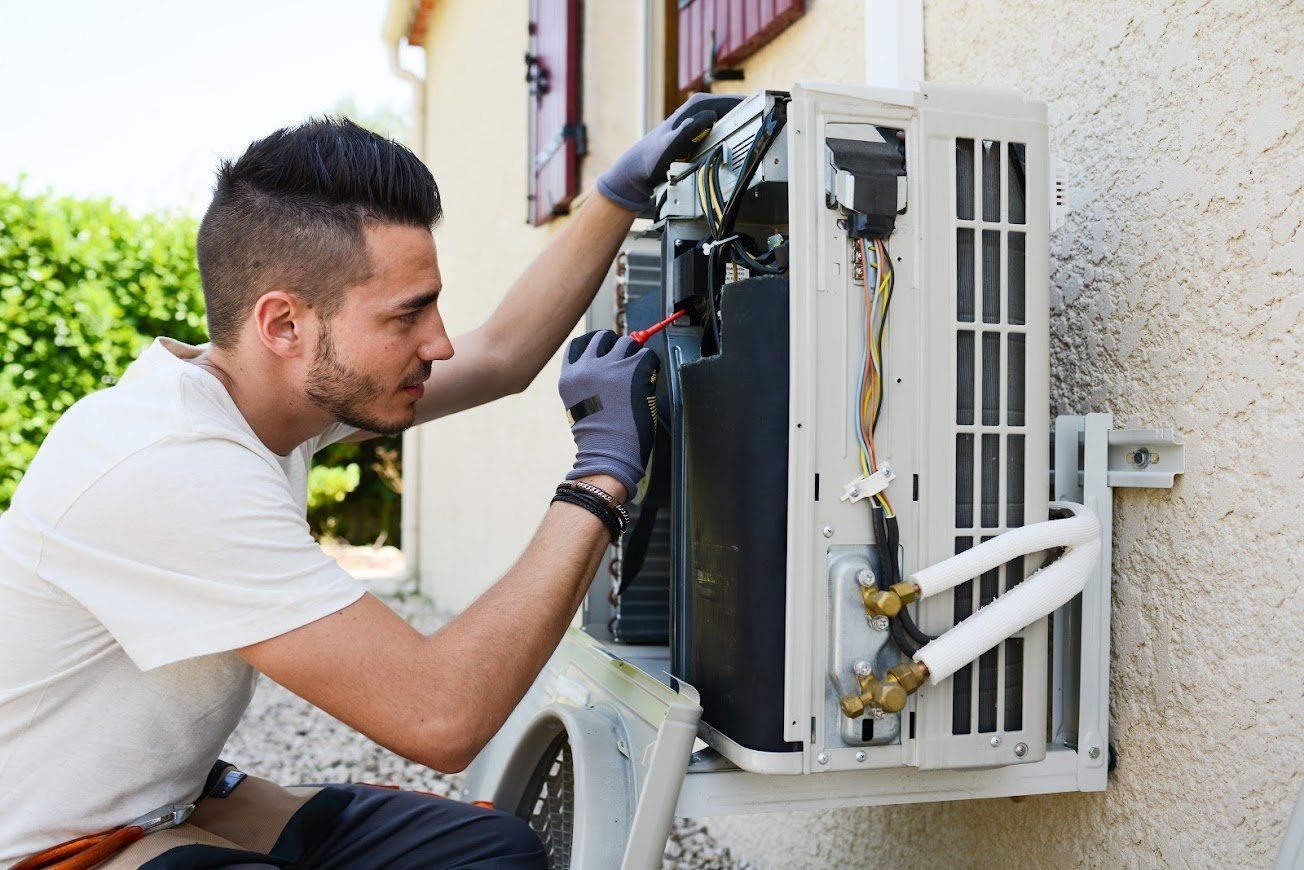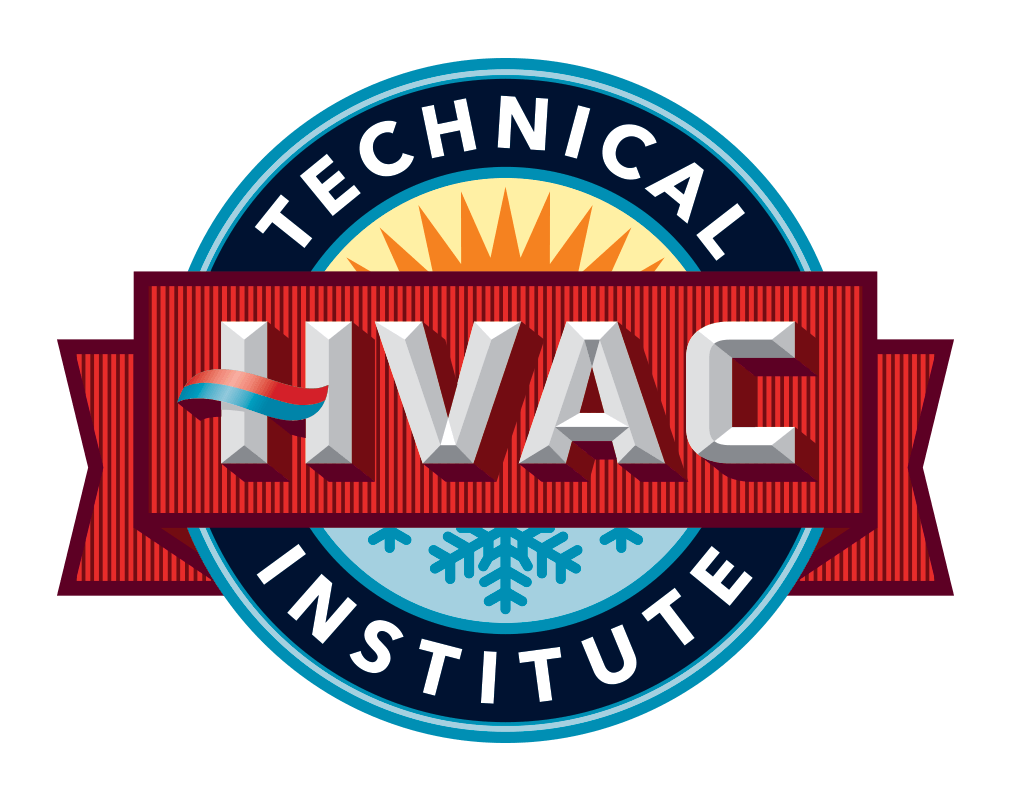What You Need to Know about the Environment and Your Career in HVAC

Are you eco-conscious, a friend to the Earth, and into green everything in your life? While environmental activism may seem like it's the top job for someone like you, it isn't the only way your career can help to save the planet. Take a look at what HVAC jobs have to do with the environment and how this field can help you to further your cause.
How Does HVAC Use Impact the Environment?
There are a few ways to answer this question. The ways HVAC ֫— heating, ventilation, and air conditioning — use affects the environment depends on which component you use and the type of equipment or products. These include:
- AC electrical usage. According to the US Department of Energy, electrical use by air conditioners costs American homeowners a combined $29 billion annually. This accounts for nearly 6 percent of the electricity the U.S. produces every year.
- Home heating use. Like AC use, heating also uses a significant amount of energy. The U.S. Department of Energy notes that heating use makes up 29 percent of the average homeowner's utility bills.https://www.energy.gov/energysaver/home-heating-systems
- Ozone-depleting chemicals. Older AC systems use chlorofluorocarbon (CFC) and hydrochlorofluorocarbon (HCFC) refrigerants. CFCs and HCFCs can deplete the ozone layer.
Now that you know more about the general ways that HVAC systems can affect the planet, it's time to take the next step and learn about how you can help to reduce the impact of heating and cooling product use.
What Role Do Professionals Play In the Environmental Impact of HVAC Use?
Even though HVAC equipment uses Earth's valuable resources and can — depending on the type of system — pollute the planet, heating and cooling systems are necessities of modern life.
Not only do humans need the heated or cooled air that these systems provide to feel comfortable, they also need heating and cooling to stay healthy. Low winter temperatures and uncontrolled high summer heat and humidity can lead to or worsen some medical conditions — especially for seniors, young children, and people who are immunocompromised.
Given the need for HVAC use, it's important for these systems to impact the environment as little as possible. While heating and cooling system manufacturers are the first line in creating environmentally-friendly or low-impact appliances and equipment, professional HVAC technicians play a crucial role in maintaining the energy efficiency and overall eco effects of these machines. The HVAC professional can:
- Help homeowners to choose energy efficient options. Your knowledge and experience can help guide the customer's selection process. As a homeowner reviews their options, you can provide information on AFUE, EER, SEER, and more.
- Install energy efficient systems. An energy efficient heating or cooling appliance can ease some of the environmental burden. But this is only part of the battle. Professional installation is necessary to achieve maximum efficiency.
- Help homeowners to maintain energy efficient systems. Installation alone can't guarantee the effectiveness of a heating or cooling system. Without proper maintenance, filters can clog and systems can break down. Technicians help to maintain HVAC efficiency.
- Service AC systems that contain pollutants. CFCs and HCFCs pollute the air and destroy ozone. A section 608 certified technician can retrofit older AC systems and provide a way to reduce the environmental impact of these appliances.
- Conduct energy audits. Homeowners are often unaware of air leaks, duct leaks, and other heating & cooling losses. HVAC professionals can train to become energy auditors. These contractors assess energy losses and help customers to correct them.
Along with saving the planet, these parts of an HVAC technician's job can also help to save the customer money. The more efficient a system is, the less money the consumer will need to spend on electricity, natural gas, or another fuel source. This is money that your customers can put back into the economy.
Do All HVAC Technicians Help the Environment?
Provided you have the right training and experience, you can help to reduce the impact HVAC systems have on the environment. But this doesn't necessarily mean that every HVAC technician has the right skills to select, install, maintain, or retrofit eco-friendly appliances and accessories.
If the environment is a major issue for you or you want to put your HVAC training to use in a way that helps the planet, you will need to:
- Become section 608 certified. US Environmental Protection Agency (EPA) Section 608-certified techs are especially trained to service AC systems that contain CFCs and HCFCs.
- Learn about energy losses. Choose a training program that helps you to learn about energy use and losses. This could include air duct maintenance, venting, insulation, and other similar issues.
- Learn about energy efficient equipment. From furnaces and central AC systems to smart thermostats, you will need a full range of knowledge that includes how to rate energy efficiency and how to maintain an efficient system.
To learn more about how an HVAC program can help you to become a green technician who can positively impact the environment, ask your potential future school's staff about the courses, content, and hands-on training opportunities.
Are you ready to start a new career in the HVAC field? Contact the HVAC Technical Institute for more information.

